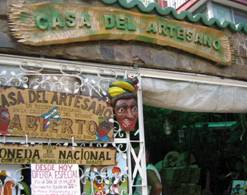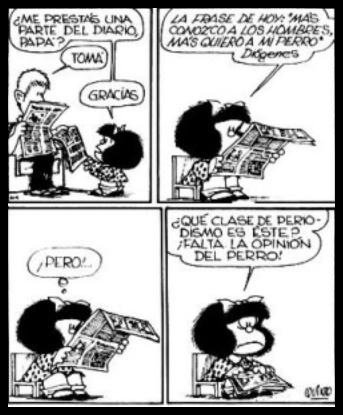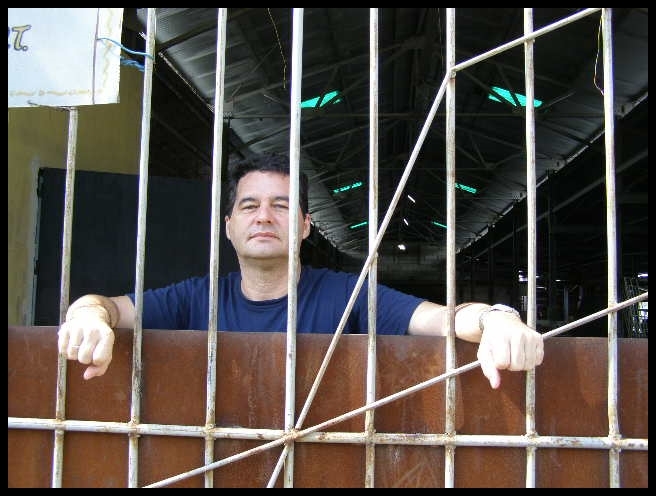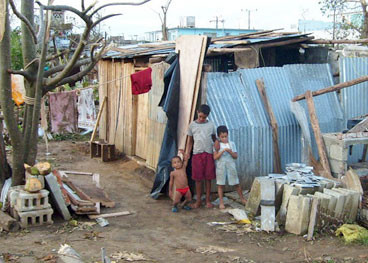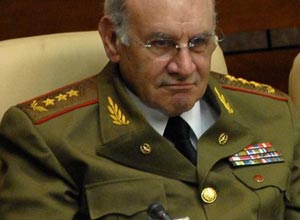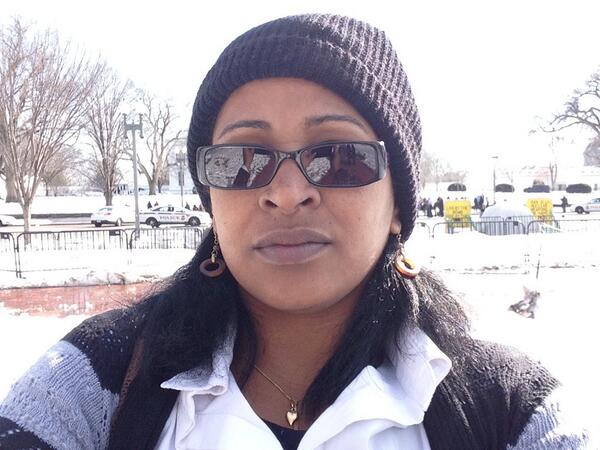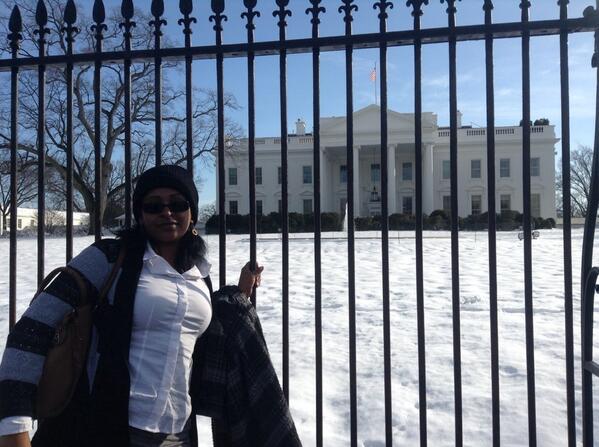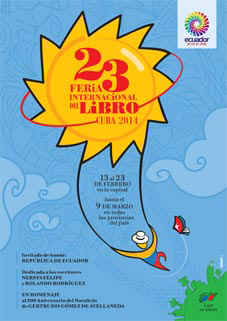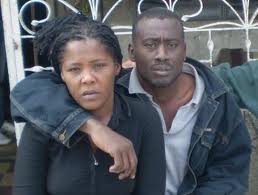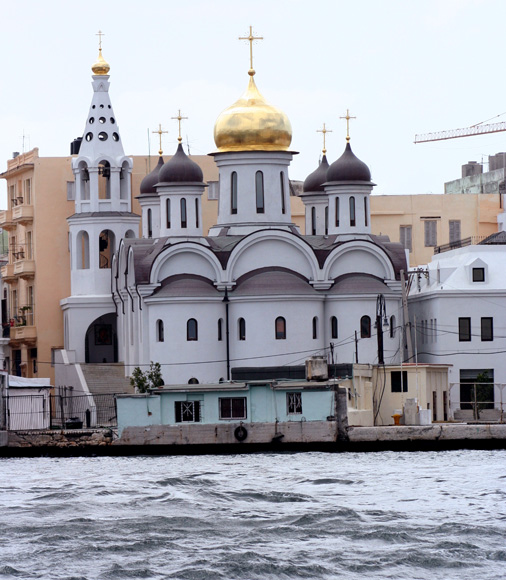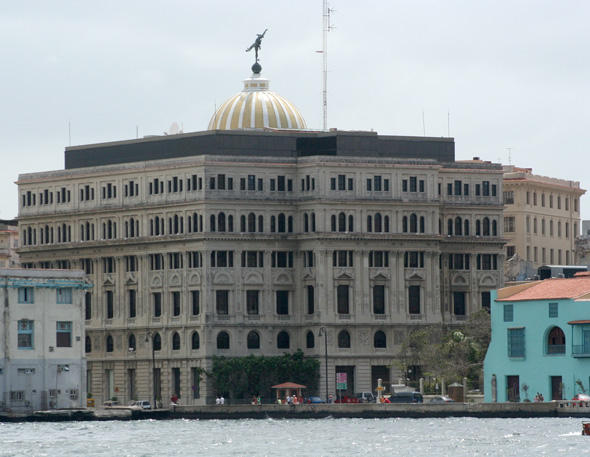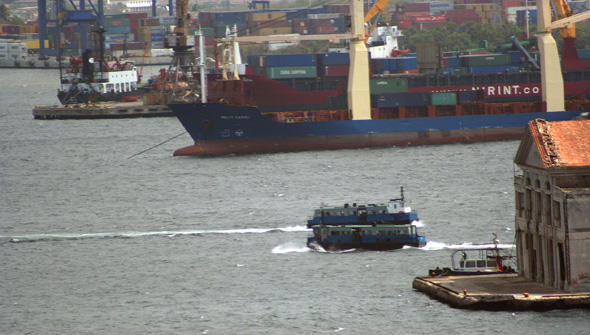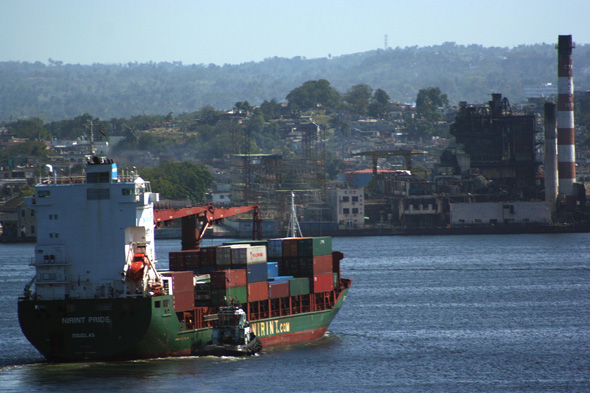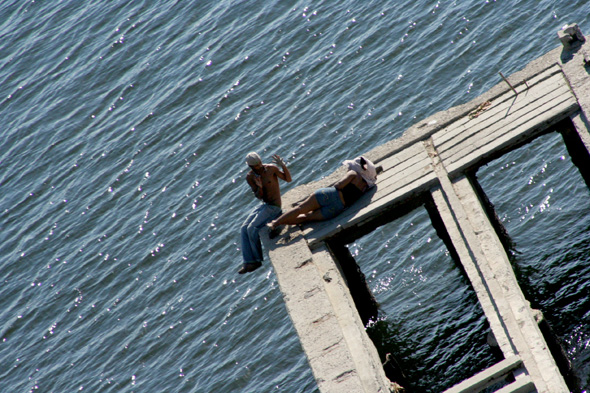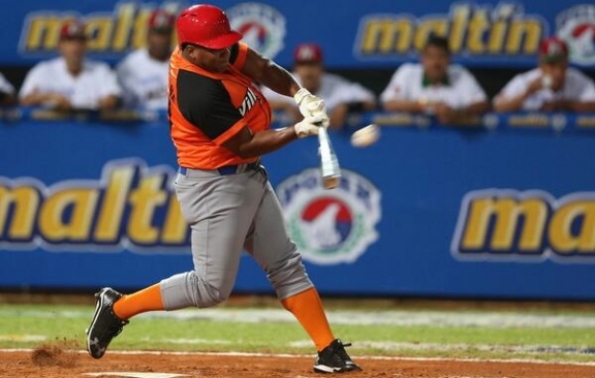As if what happened during the first three days of competition on Margarita Island was an exception and not a manifestation of the stagnation experienced in all spheres of Cuban society, a sports commentator on the television show Morning Journal said that “the team from Villa Clara did not meet expectations.”
In baseball, which is the topic before us, what happened could not be a surprise. The avowed superiority of “free” versus “slave” ball was not confirmed in practice. The challenge launched against professionalism in 1960 did not stand the test of time. But the acceptance of this fact by the Cuban authorities—though without public acknowledgement and coming too late—is still good news, because this decision requires them to banish the ideological slogan and return to the path that they never should have left.
In 1948, at the meeting of the Caribbean Baseball Confederation held in Miami, representatives of the professional leagues of Cuba, Puerto Rico, Panama and Venezuela formed the Caribbean Series. From the inaugural event in February 1949, when the Almendares team went undefeated to take victory in Havana until the close of participation in 1960 with the victory of Cienfuegos in Panama, Cuban teams won seven out of twelve championships: irrefutable proof of the quality of “slave” ball during those years. continue reading
Sports after 1959, separated from civil society, was monopolized by the state, and subordinated to politics and ideology. At a prohibitive cost for a third-world country, a supremacy was established in Central American, Pan American and worldwide amateur competitions for decades, which was heralded as the victory of free baseball over slave baseball.
Amidst that unfounded euphoria, in January 1967, the leader of the revolution said: “Professional sports has been eradicated, especially in one of the most popular sports: baseball … But the most interesting thing is that no professional athlete, whose business is sports, has played with as much enthusiasm, as much bravery, as much courage, as that demonstrated by our athletes, who are not professional.”
And in October 1975 he declared: “If in other Latin American countries no social revolution exists, if they don’t develop the social revolution, then no matter how many techniques they use, how many coaches they hire, how many things they dream up, they will not be able to achieve the successes that Cuba achieves in sports.”
The decline was slow but sure. The defeats in the World Classics, but above all the one suffered last year at the last stop, against the U.S. team, composed of university students between 19 and 23 years of age, who despite their weak offensive output swept five games from the supposed “amateurs” from the largest of the Antilles.
Now, 54 years after that decision, after the setback suffered and the loss of many talents who left “free” baseball in search of contracts in the Major Leagues, Cuba returned to the Caribbean Series with the winning team from the 52nd National Series, at a time when the rest of the participants exhibit a superior level to our baseball.
Villa Clara, reinforced with several of the most experienced top Cuban players—twelve of whom have been integrated into the Cuban team—faced the champions of the winter leagues from Mexico, Venezuela, the Dominican Republic, and Puerto Rico. Three days were all it took to show the gap between them and us.
The first day we lost 9-4 to the Hermosillo Orange (Mexico), the second day to the Magellan Navigators (Venezuela) 8-5, and on the third day the Licey Tigers (Dominican Republic) beat us 9-2, to set a record: the worst performance by a Cuban team in the Caribbean Series.
On February 4 we saved face against the Mayagüez Indians (Puerto Rico), but now our inclusion was pure imagination and wishful thinking. As Oscar Sánchez Serra wrote in the newspaper Granma on February 4: “If the Orange win today against Puerto Rico, and if they lose tomorrow against Venezuela, and if the Dominican Republic wins one more time, then on Thursday, first place from the qualifying phase will play against the king of the 52nd National Series.”
We returned to “slave” ball at a distinct disadvantage. Teams like the Magellan Navigators, from an ALBA-member country, just as Cuba is, which can also count many active players in the U.S. Major Leagues, has in its ranks some Cubans who left the island, illustrating the tardiness of Cuba compared with similar countries.
Cuba has conditions and prospects: the permissibility, though still under state control, of some players participating in foreign leagues; the increase of wages to players, though still insufficient; Cubans can again enjoy Major League Baseball games on local television, though still with limitations; new programs have been implemented, such as one I enjoyed a couple of days ago that allowed an interview with the legendary Camilo Pascual. All this indicates that we are on the way, but the results of this first step, and some of the next, will not reach Cuba’s full potential, because it is one thing to decide to change, and another to rebuild what was destroyed.
After the night, however long it seems, follows sunrise. That we still have to listen to the likes of Yulieski Gurriel say that he hopes to get permission from the Cuban authorities to play abroad, or that the Cuban authorities still have not given him permission, indicates the presence of obstacles to be overthrown in order to achieve the freedom that our athletes have lacked, and determines the decline that we are paying for with defeats.
Translated by Tomás A.
From Diario de Cuba
10 February 2014
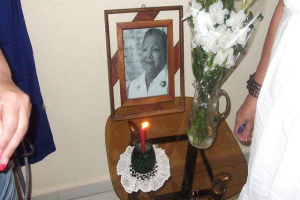 SANTA CLARA, Cuba.- Members of the Cuban Independent and Democratic Party (CID) paid tribute to Laura Inés Pollan Toledo on the 66th birthday, 13 February, at one of their sites in the city of Santa Clara.
SANTA CLARA, Cuba.- Members of the Cuban Independent and Democratic Party (CID) paid tribute to Laura Inés Pollan Toledo on the 66th birthday, 13 February, at one of their sites in the city of Santa Clara.
